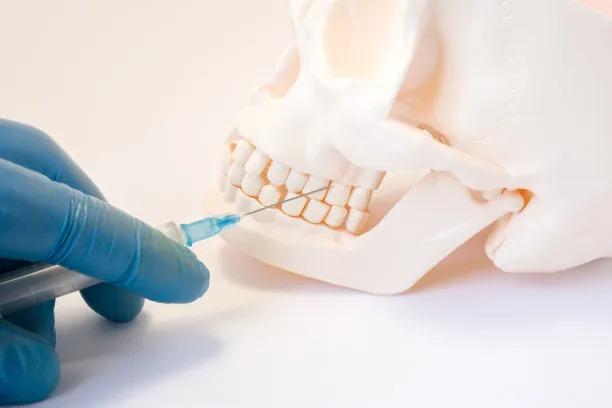The Comprehensive Guide to Dental Implant Treatment for a Beautiful Smile and Enhanced Oral Health
Summary: Dental implants are a life-changing solution for individuals facing tooth loss, offering not only aesthetic improvements but also significant functional advantages. This comprehensive guide elaborates on the treatment procedure, benefits, costs, and maintenance of dental implants. By delving into the critical aspects of dental implant treatment, this article aims to educate readers about the journey towards a beautiful smile and improved oral health. Whether contemplating implants or already on the path, understanding each dimension of this treatment enhances the decision-making process and encourages informed choices for sustaining lifelong dental health.
1. Understanding the Dental Implant Procedure

The process of getting dental implants typically begins with a thorough examination and consultation. Dentists assess the patients mouth, jawbone structure, and overall health to determine candidacy for implants. Imaging techniques, like X-rays and CT scans, are often utilized to analyze bone density and shape. This initial stage is crucial, as it sets the foundation for a successful implant procedure.
Once eligibility is established, the next step includes the placement of the implant, which is a titanium post surgically embedded into the jawbone. This post mimics a natural tooth root and is designed to fuse with the bone through osseointegration. The healing period can vary but typically lasts several months. During this time, careful monitoring is essential to ensure proper integration.
After successful healing, the final step involves attaching a custom-made crown. This restoration is tailored to match the patient’s natural teeth, ensuring a seamless and aesthetically pleasing result. The entire process requires patience but yields remarkable outcomes in terms of appearance and functionality.
2. Benefits of Choosing Dental Implants
One of the most significant benefits of dental implants is their natural appearance and performance. Unlike dentures, which may shift or become uncomfortable, implants are permanently rooted in the jawbone, providing stability akin to natural teeth. Patients can eat, speak, and smile with confidence, knowing their implants are secure.
Dental implants also contribute to long-term oral health by preventing bone loss, which occurs after tooth loss. The titanium post stimulates the bone, encouraging growth and maintaining its density. This function helps retain facial structure and minimizes the aging process associated with losing teeth.
Moreover, dental implants boast a high success rate compared to other tooth replacement options. With proper care and maintenance, which includes routine dental check-ups and good oral hygiene, implants can last for decades. The longevity of this treatment underscores its value as a worthwhile investment for one’s overall health.
3. Considering the Costs and Financing Options
Cost is a common concern for individuals considering dental implants. While the initial price may seem higher than other treatment options, its essential to evaluate the long-term benefits and durability. Dental implants are a single investment that offers lasting results and minimizes the necessity for further dental work over time.
Most dental insurance plans provide some level of coverage for implant procedures, but this varies from policy to policy. Patients are encouraged to speak with both their dentist and insurance provider to understand their specific benefits. Furthermore, many dental offices offer financing plans that make implants more accessible, allowing patients to manage payments without compromising their oral health.
In addition to traditional financing, health savings accounts (HSAs) and flexible spending accounts (FSAs) can be utilized for dental implants. Utilizing these options can significantly ease the financial burden while providing the much-needed treatment for tooth loss.
4. Maintaining Implants for Longevity
Once dental implants are in place, their longevity largely depends on proper maintenance. Just like natural teeth, implants require routine brushing and flossing. Establishing good oral hygiene habits is essential to prevent gum disease and other complications that could impact the implants stability.
Regular dental check-ups are also critical. Dentists monitor the health of both the implant and surrounding tissues, providing professional cleanings that cannot be replicated at home. Early detection of any potential issues ensures timely intervention and helps preserve the integrity of the implants.
Furthermore, lifestyle choices, such as smoking and excessive alcohol consumption, can negatively affect implant health. Patients are encouraged to adopt a healthy lifestyle for optimal oral health and to complement the benefits of their implants.
Summary:
In conclusion, dental implants represent a significant advancement in restorative dentistry, offering numerous benefits that enhance both aesthetics and oral health. From the initial consultation to the long-term maintenance of implants, each step plays a vital role in achieving optimal outcomes. With proper care and attention, patients can enjoy a beautiful smile and improved functionality for years to come.
This article is compiled by Vickong Dental and the content is for reference only



